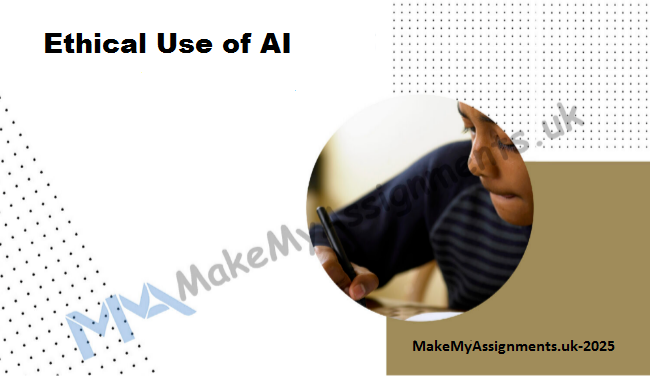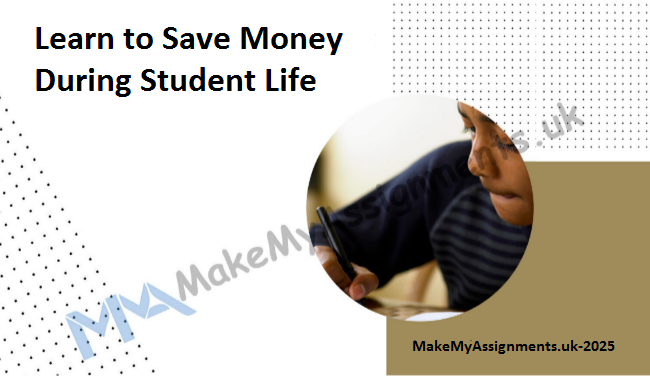Students often struggle with stress, anxiety, lack of focus, and constant distractions. Between assignments, exams,…

Exploring Connection Between Music and Math Education
The world of education is continually evolving, with educators seeking innovative ways to engage students and enhance their learning experience. One fascinating intersection that has gained attention is the connection between music and math education. While these two disciplines may seem worlds apart, they share a profound relationship that goes beyond mere coincidence. This blog delves into the intriguing parallels between music and math, highlighting how the integration of these subjects can foster a deeper understanding and appreciation for both.

The Rhythm of Numbers
At first glance, music and math may appear unrelated, but a closer look reveals a shared foundation rooted in patterns, sequences, and rhythm. In the realm of mathematics, patterns and sequences are fundamental concepts that form the basis of problem-solving and logical reasoning. Similarly, music relies heavily on patterns and sequences, from the structure of a musical piece to the rhythmic patterns within.
Understanding musical notation involves grasping fractions, divisions, and proportions. The beats and measures in a musical composition align with mathematical concepts like division and multiplication, creating a rhythmic tapestry that connects the auditory senses with numerical understanding.
Mathematical Concepts in Music
- Fractions and Time Signatures:
- Time signatures in music, such as 4/4 or 3/4, represent a fraction of time. Understanding these fractions is crucial for musicians to maintain the correct tempo and rhythm.
- Geometry and Symmetry:
- The study of geometry finds resonance in music through the symmetry and balance present in musical compositions. A well-composed piece often mirrors geometric principles, creating a harmonious blend of tones and structures.
- Fibonacci Sequence in Music:
- The Fibonacci sequence, a mathematical pattern found in nature, also makes its way into music. Composers and musicians have been known to incorporate these ratios in their works, creating compositions with a natural and aesthetically pleasing flow.
Educational Benefits
- Enhanced Problem-Solving Skills:
- Integrating music into math education enhances problem-solving skills. The abstract nature of music challenges students to think critically and analytically, skills transferable to mathematical problem-solving.
- Improved Spatial-Temporal Skills:
- Research suggests that students exposed to music education show improvements in spatial-temporal skills, which are essential for understanding mathematical concepts and solving geometric problems.
- Increased Creativity and Engagement:
- The fusion of music and math fosters creativity, making both subjects more engaging for students. Activities such as composing music or exploring the mathematical principles behind musical instruments can spark a passion for learning.
As the symbiotic relationship between music and math in education gains recognition, students seek comprehensive support to navigate this interdisciplinary terrain. MakeMyAssignments.uk emerges as a valuable ally, providing tailored assistance to students looking to explore the connections between music and math. This blog explores how MakeMyAssignments.uk can play a pivotal role in enhancing the learning experience for students aiming to delve into this harmonious fusion.
- Expert Guidance:
- MakeMyAssignments.uk boasts a team of seasoned educators and subject matter experts proficient in both music and mathematics. Students can benefit from personalized guidance, ensuring a solid understanding of the interplay between these disciplines.
- Customized Lesson Plans:
- The platform recognizes the unique learning needs of each student. With customized lesson plans, MakeMyAssignments.uk tailors educational content to seamlessly integrate music and math concepts, fostering a holistic learning experience.
- Assignment Assistance:
- Tackling assignments that bridge music and math can be challenging. MakeMyAssignments.uk offers assignment assistance services, providing students with well-researched and structured content that meets the academic requirements of both subjects.
- Interactive Learning Resources:
- The platform offers a rich repository of interactive learning resources, including video tutorials, quizzes, and hands-on activities. These resources facilitate a dynamic learning experience, making the exploration of music and math connections more engaging for students.
- Collaborative Learning Communities:
- MakeMyAssignments.uk cultivates a collaborative learning environment where students can connect with peers sharing similar interests. This community-based approach encourages the exchange of ideas, fostering a sense of camaraderie among students exploring the intersection of music and math.
- Timely Support and Feedback:
- Students can benefit from timely support and feedback, ensuring that they stay on track with their studies. The platform’s responsive assistance ensures that students receive guidance when needed, helping them overcome challenges and excel in their academic pursuits.
- Comprehensive Learning Modules:
- MakeMyAssignments.uk offers comprehensive learning modules that cover a wide range of topics in both music and math. From understanding mathematical concepts embedded in music notation to exploring the mathematical principles behind musical composition, students can access a wealth of knowledge in one consolidated platform.
MakeMyAssignments.uk stands as a beacon for students seeking to navigate the intriguing intersection of music and math education. With its dedicated team of experts, personalized guidance, and a treasure trove of resources, the platform empowers students to unravel the connections between these disciplines with confidence. By leveraging the services provided by MakeMyAssignments.uk, students can not only enhance their academic performance but also embark on a journey of discovery where the harmonies of music and mathematics converge in a symphony of learning.




This Post Has 0 Comments